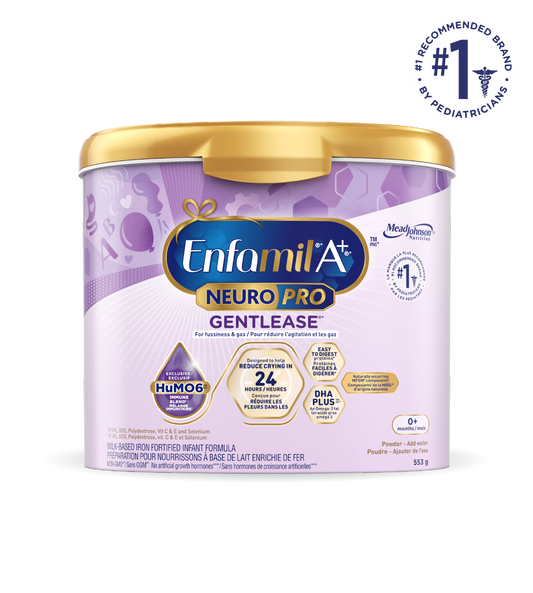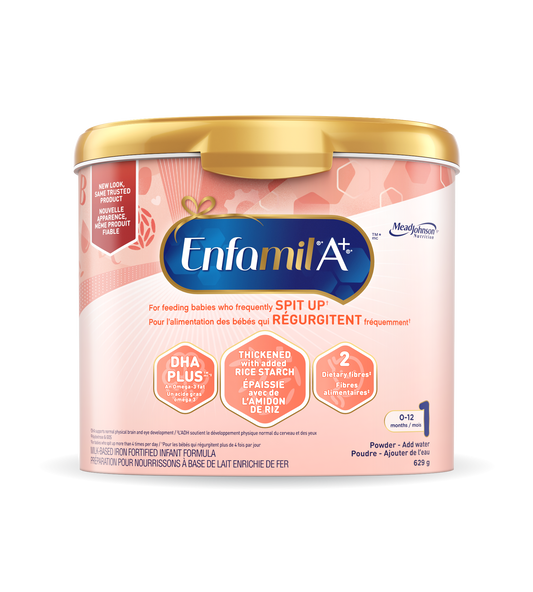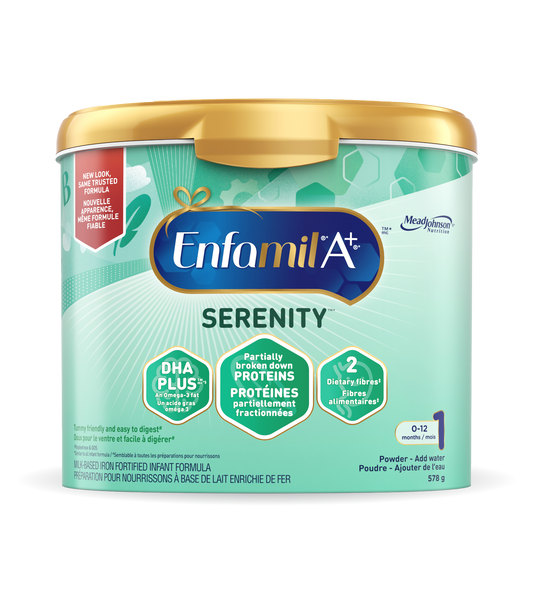Article Summary:
- You can understand baby constipation by paying attention to signs of constipation in infants, such as infrequent and hard bowel movements.
- Common causes of constipation in babies and toddlers include insufficient fiber intake, inadequate fluid intake, and lack of physical activity.
- To ease constipation, consider gentle leg movements, clockwise tummy rubs, ensuring diapers aren't too tight, offering high-fiber foods and extra fluids, and avoiding inappropriate remedies like laxatives and probiotics.
One challenge commonly faced by parents is constipation. At some time, almost all babies will seem to have difficulty passing stools. Every baby's bowel movements are different so becoming familiar with what's normal for your baby is the best way to tell if they are having a problem. Don't judge whether your baby is constipated by how frequently they poop. Sometimes, babies may healthfully go several days without having a bowel movement. Fewer bowel movements do not mean that your baby is constipated as long as the stools are soft and pain free, even if it’s been a few days since the last bowel movement.1
How to Tell if Your Baby is Constipated
Newborns younger than 2 weeks should have at least 1 or 2 bowel movements a day, while older babies (3-4 weeks and up) can go 2 days and sometimes longer between bowel movements.1 So as long as your baby is feeding well and doesn’t seem to be in any discomfort, there probably isn’t anything to worry about.1 Breastfed babies are more likely to have frequent stools, and may have a bowel movement after every feeding.1 As babies grow older, the number of bowel movements they have each day gets smaller and the size of their stools gets bigger.
There are telltale signs that your little one is backed up when it comes to their bowel movements:2,3
- Stool is difficult to pass and may be accompanied by straining or face-making
- Stool is drier and/or harder than usual
- Stool appears to be incomplete, as though your little one didn’t finish expelling their movement
- Bowel movements are less frequent than they typically are, or seem unusually large for your child
Beyond their bowel movements, your baby may also display the following if they’re constipated:2,3
- Agitation and crankiness
- Bloating and gas
- Less appetite than usual
- Stomach pain or aches
Common Causes of Hard Stool In Babies & Toddlers
Hard stool is any bowel movement that is dry and lumpy, either passing in pieces or a cylindrical-but-lumpy clump—Types 1 and 2 on the Bristol Stool Chart, which are described as constipation.
Hard stool is indicative of constipation in your little one. Constipation is a common problem that occurs when your little one has infrequent or painful bowel movements or hard, dry stools that may require excessive straining. The causes of hard stool may include:
- Not enough fibre. Fibre keeps our food moving through our systems. It may seem counterintuitive, but not enough fibre can make stool rough, lumpy, and hard for the body to expel. Certain baby formulas contain dietary fibres that have been shown to soften stools.
- Not enough fluids. As food makes its way through the digestive tract, nutrients are absorbed, and fluids and fibre are left over. Fluid is continually absorbed throughout stool’s journey, which means if your child isn’t well hydrated, stool can become hard. Keeping your little one hydrated is key to ensuring their bowel movements are regular and painless. If your child is on a totally liquid diet of breastmilk or formula, and is passing hard stools, you should speak with your healthcare provider.
- Not enough movement. When the bowels aren’t moving, it might be because the body isn’t moving. If your little one isn’t getting enough age-appropriate physical activity during the day, the stool in their system might not find its way to the end of the line before becoming dry.
Can Iron in Formula Lead to Constipation in Infants?
Generally, the iron in infant formulas is not believed to cause constipation. But any changes in your baby's formula or feedings could cause changes in number, colour and consistency of their stools. Stool patterns vary normally from child to child and true constipation is infrequent. There is a wide range of normal stool frequency and consistency. Constipation is not the number of bowel movements your baby has each day, but rather it's when those infrequent movements are hard, dry stools that are difficult for your baby to pass.
Here are some helpful tips to help ease constipation:
- Gently move your baby’s legs in a bicycling motion.
- Rub your baby’s tummy gently in a clock-wise motion, 3-4 times per day.
- Check to make sure your baby’s diaper is not on too tight.
For babies 6+ months of age:
- If your baby is on a variety of solid foods, offer foods that are high in fibre such as whole grain breads and cereals, fruits like apples, berries or prunes, vegetables and legumes (beans, peas, lentils). Just make sure they are at the right texture for your baby.
- Gradually add higher fibre foods to your baby’s diet.
- Offer extra fluids such as water.
What Not to Do for Constipation in Babies
Helping your little one get things moving isn’t the same as helping a much older child or adult work through constipation. These commonly used remedies aren’t appropriate for your constipated baby or toddler:
- Laxatives. Laxatives may be too powerful for your little one’s system. Only give laxatives if instructed by your child’s healthcare provider.
- Probiotics. There has been some research into probiotics and constipation. While the early results have been promising, there is still more to learn; probiotics are not recommended as a remedy for constipation in babies.
- Fruit juices. Many fruit juices have added sugars and should be avoided. Fresh prunes can be a fine addition for adding fibre, and health professionals for babies age 6-12 months may recommend serving up to 4 oz of undiluted 100% prune juice or apple juice in 24 hours to help with constipation.4
When to See a Doctor for Constipation
You don’t need to make a doctor appointment to treat constipation, but if your little one displays any of the following take them to see their healthcare provider as soon as possible:
- Bloody or black stool
- Fever, tummy pain or vomiting
- Eating or drinking less
- Other signs of dehydration, such as fewer wet diapers than usual, dark urine, and dry skin
- Tearing of the skin around their anus
By ensuring your child is getting an appropriate amount of fibre and hydration, you’ll hopefully avoid the need to ease any discomfort related to constipation.
If you have any concerns, consult with your baby’s doctor.
Learn More: Canadian Paediatric Society









